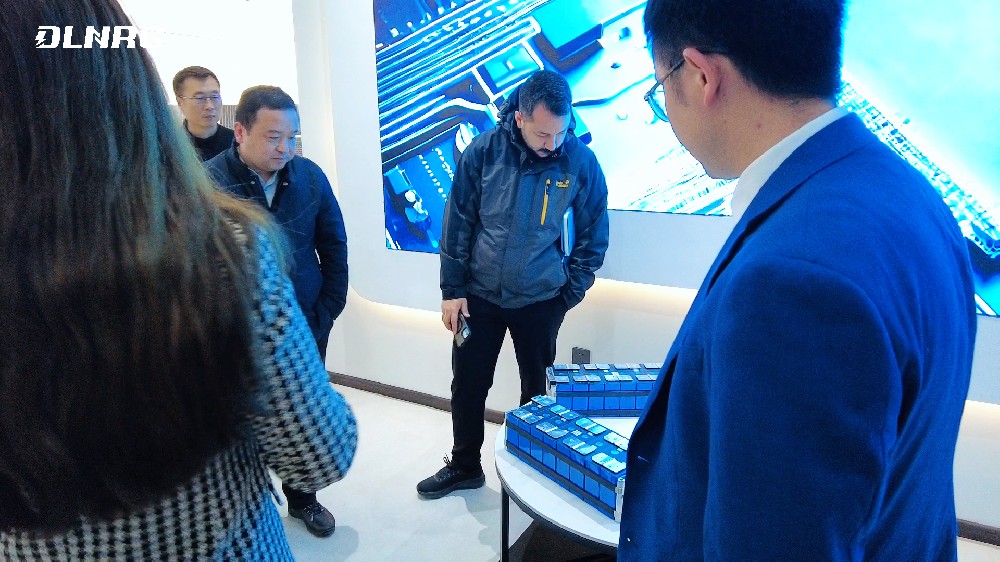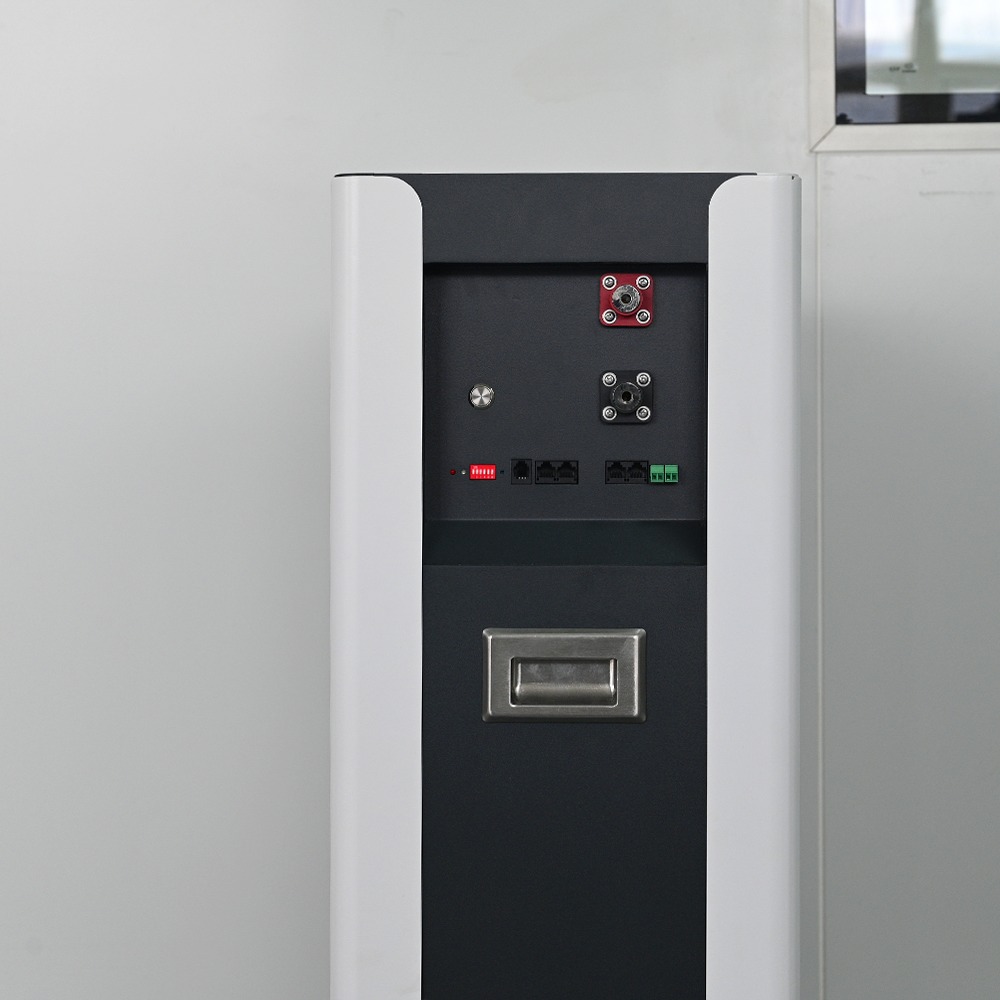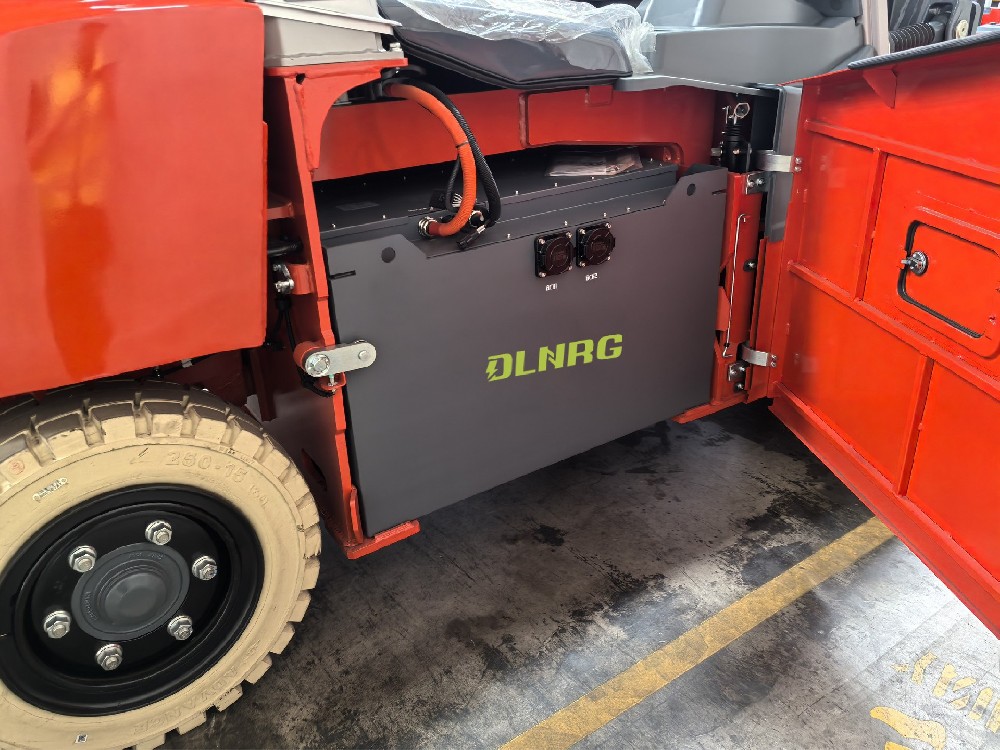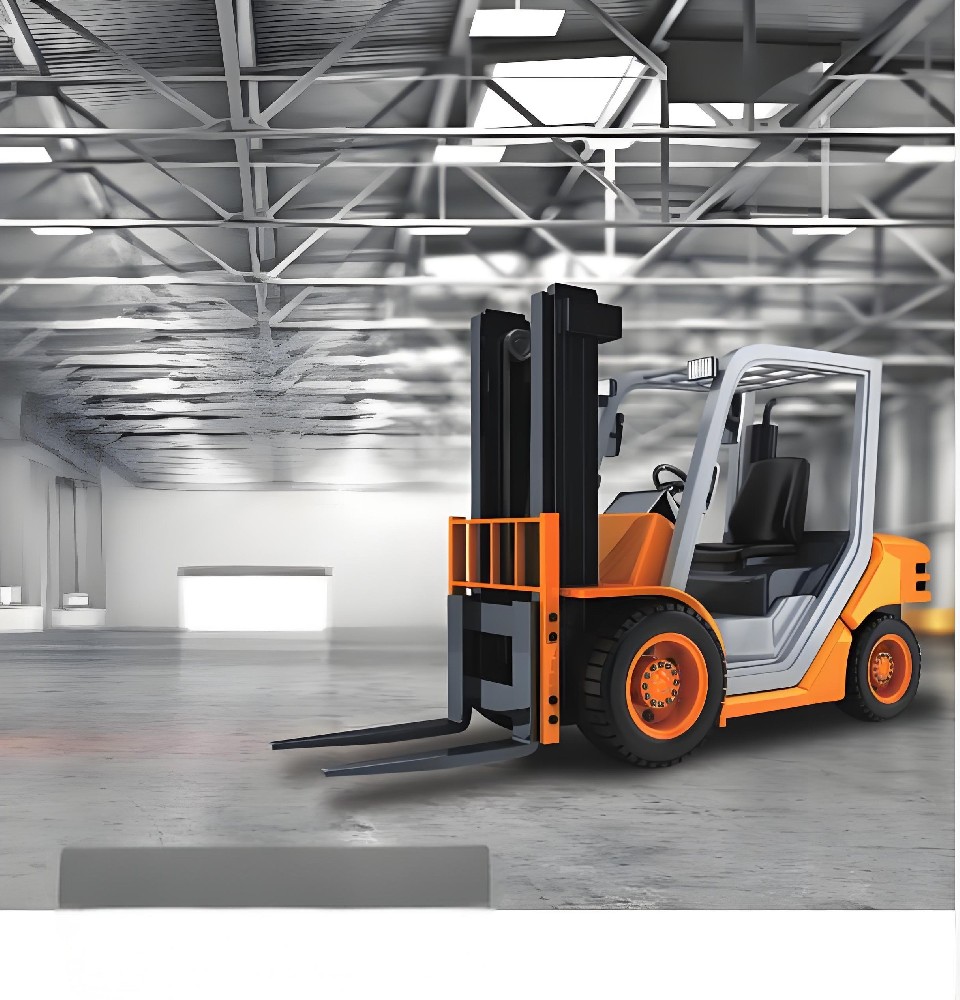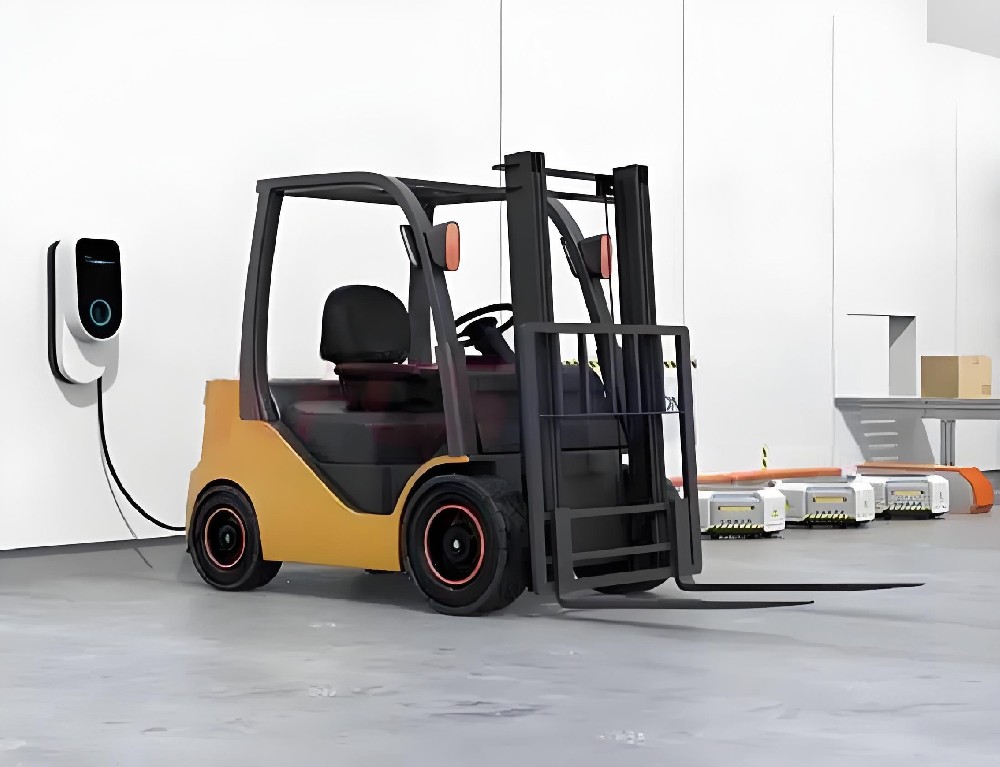Forklifts are an essential component in many industries. From warehouses to construction sites, these powerful vehicles help move loads efficiently, ensuring optimum productivity. The heart of any forklift is its battery, which powers the car to perform at its best. In this article, we’ll dive into the different types of forklift batteries, their applications, and how to choose the right one for your needs.
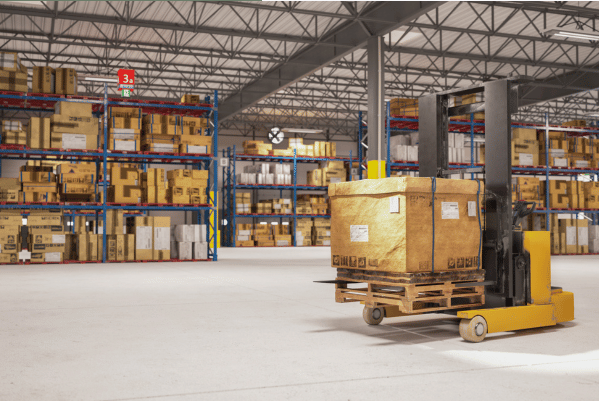
Types of Forklift Batteries
Forklift batteries can be broadly classified into three main categories:
Lead-acid batteries
Nickel-based batteries
Lithium-ion batteries
Let’s take a closer look at each type of battery.
1. Lead-acid batteries Lead-acid batteries have been the traditional choice for powering forklifts. Forklifts run on electric power stored in deep-cycle, high-capacity lead-acid batteries. They come in two main types: flooded lead-acid (FLA) and valve-regulated lead-acid (VRLA). Flooded Lead-Acid (FLA) Batteries FLA batteries consist of lead plates submerged in sulfuric acid. To ensure optimal performance, they require regular maintenance, such as topping electrolyte fluid levels with distilled water. FLA batteries have a longer lifespan than their VRLA counterparts, usually five to seven years. Valve-Regulated Lead-Acid (VRLA) Batteries VRLA batteries are sealed units, meaning they don’t require regular maintenance like FLA batteries. They come in two sub-types: Absorbed Glass Mat (AGM) and Gel Cell. VRLA batteries usually have a shorter lifespan than FLA batteries, averaging around three to five years. 2. Nickel-based Batteries Nickel-based batteries include nickel-cadmium (NiCd) and Nickel-Metal Hydride (NiMH) batteries. These batteries offer longer cycle life, high energy density, and lower self-discharge rates than lead-acid batteries. However, they’re not as popular as forklifts due to their higher initial cost and lower energy capacity. 3. Lithium-ion Batteries Lithium-ion batteries are the newest addition to the forklift battery family. They offer many significant advantages over the traditional lead-acid battery, such as fast charging, longer cycle life, high energy density, and low maintenance requirements. Featuring advanced battery management systems, lithium-ion batteries can also be monitored and controlled remotely, allowing for increased efficiency and safety.
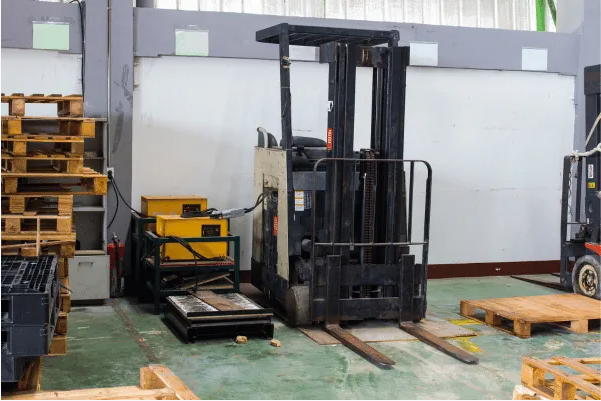
Choosing the Right Battery for Your Forklift
When selecting a forklift battery, consider the following factors:
Operating environment: Temperature, humidity, and exposure to corrosive substances can impact the performance and lifespan of a battery. Make sure to choose a battery type that suits your specific operating environment.
Battery capacity and cycle life: The capacity of a battery determines how long it can power your forklift before needing a recharge. In contrast, the cycle life is the number of charges and discharges a battery can handle before it needs to be replaced. Choose a battery with a capacity and cycle life balance according to your workload requirements.
Charging infrastructure: The type of battery you choose will require compatible charging equipment and adequate space for the charging station.
Maintenance and disposal: Lead-acid batteries require regular maintenance, such as water top-ups, while lithium-ion batteries are virtually maintenance-free. Also, consider the disposal aspect, as some batteries, like NiCd, contain toxic substances that require unique disposal processes.
Budget: High upfront costs shouldn’t deter you from choosing a battery type with longer life and greater efficiency. It’s essential to weigh the long-term benefits, including reduced operating expenses and increased productivity.
Conclusion
Understanding the different types of forklift batteries and their specific applications will help you decide when to select the ideal power solution for your forklift fleet. It’s essential to consider your business requirements, including operating environment, battery capacity, charging infrastructure, maintenance, and budget, to ensure optimum productivity and operational efficiency.
